President Joe Biden’s recent comments after returning from Israel have sparked intense debate and controversy, as he drew a parallel between Hamas and Russian President Vladimir Putin. In this article, we will delve into the significance of Biden’s statement, analyzing the context behind it, and exploring the implications of equating these two entities. As we navigate through this contentious comparison, it becomes clear that the Biden administration seeks to convey a strong message about the nature of these actors and their impact on global affairs.
The Context of Biden’s Comparison
To fully grasp the implications of Biden’s comments, it is vital to understand the context in which they were made. Let’s explore the factors contributing to this controversial parallel between Hamas and Putin:
- The Israeli-Palestinian Conflict:
Biden’s visit to Israel occurred against the backdrop of an intensifying conflict between Israel and Hamas, the Palestinian militant group. The pressure to address this issue effectively likely played a role in shaping the president’s comments upon his return. - Russia’s Global Influence:
Putin’s role as the leader of Russia, a major global power, cannot be overlooked. The Russian government’s actions and policies have consistently attracted international attention and criticism. Biden’s comparison may stem from perceived parallels in the behavior and objectives of Putin and Hamas.
Understanding Hamas and Its Actions
To analyze the accuracy and implications of Biden’s comparison, it is essential to examine the nature of Hamas and its activities:
- Hamas as a Militant Group:
Hamas, designated as a terrorist organization by several countries, has a long history of engaging in armed conflict and attacks against Israel. Its primary objective is to establish an independent Palestinian state, a goal it pursues through both political and violent means. - Regional Implications:
Hamas’ actions and rhetoric have a direct impact on the stability and security of the broader Middle East region. Its refusal to recognize Israel’s right to exist and its ongoing armed struggle against Israeli forces have further complicated the prospects for peace in the region.
Assessing Putin’s Actions and Influence
To evaluate Biden’s comparison, we must evaluate Putin’s actions and influence on the global stage:
- Russia’s Assertive Foreign Policy:
Under Putin’s leadership, Russia has pursued an assertive foreign policy, often at odds with Western democracies. The annexation of Crimea, interference in other countries’ affairs, and alleged cyber espionage have prompted condemnations from various nations. - Accusations of Authoritarianism:
Critics have accused Putin of consolidating power, suppressing dissent, and weakening democratic institutions within Russia. These allegations fuel concerns about the country’s commitment to human rights and democratic values.
Analyzing Biden’s Comparison
The comparison of Hamas and Putin by President Biden raises profound questions and implications. Here are some key considerations:
- Similarities in Tactics:
Biden may have drawn the comparison based on perceived similarities in tactics employed by both Hamas and Putin, such as territorial ambitions, disregard for international norms, and strategic use of force. - Diplomatic Messaging:
By equating Hamas and Putin, Biden may be attempting to send a strong message to both entities. This message could be aimed at underscoring the dangers of escalating conflicts or highlighting the need for global unity against perceived threats. - Potential Backlash:
Biden’s comparison is not without critics who argue that it oversimplifies complex geopolitical dynamics. Some argue that equating a terrorist group with a world leader could undermine the distinction between state actors and non-state entities.
Conclusion
President Joe Biden’s comparison of Hamas and Putin has ignited controversy and fueled discussions worldwide. While this parallel may have been an attempt to emphasize certain behaviors or objectives, it is critical to acknowledge the nuanced differences between these entities. As the international community evaluates Biden’s comments, it underscores the ongoing challenges of navigating complex geopolitical landscapes and the need for thoughtful analysis to understand the implications fully.


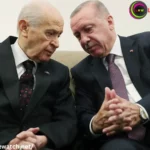









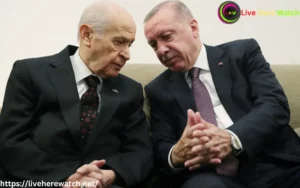
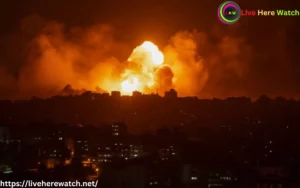
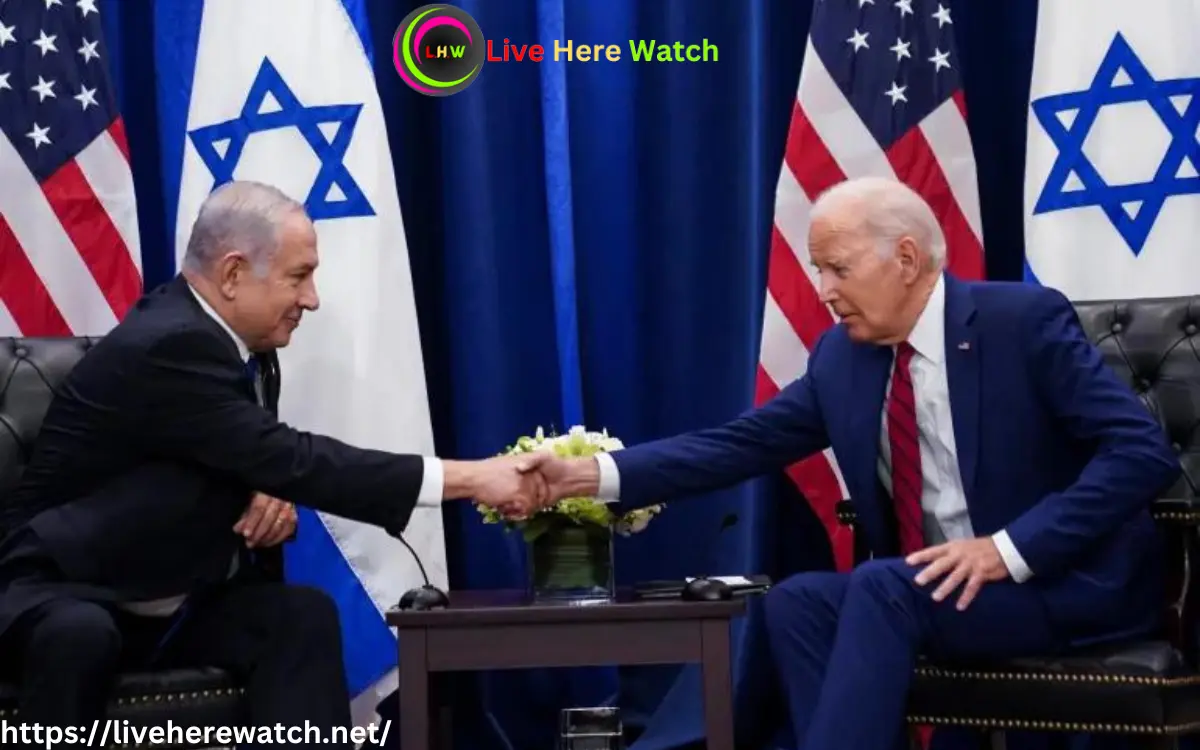
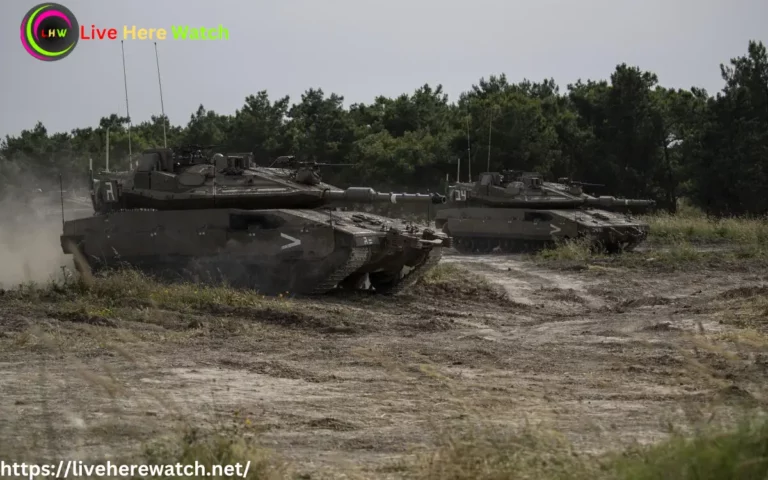

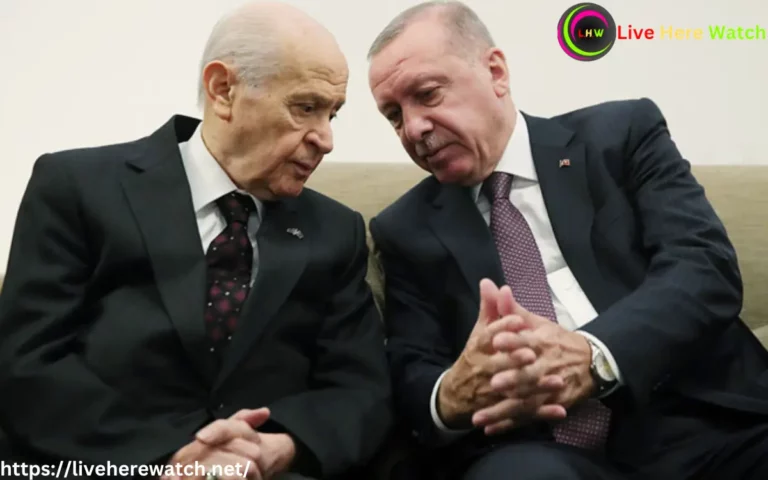
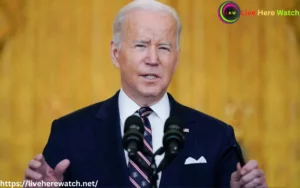

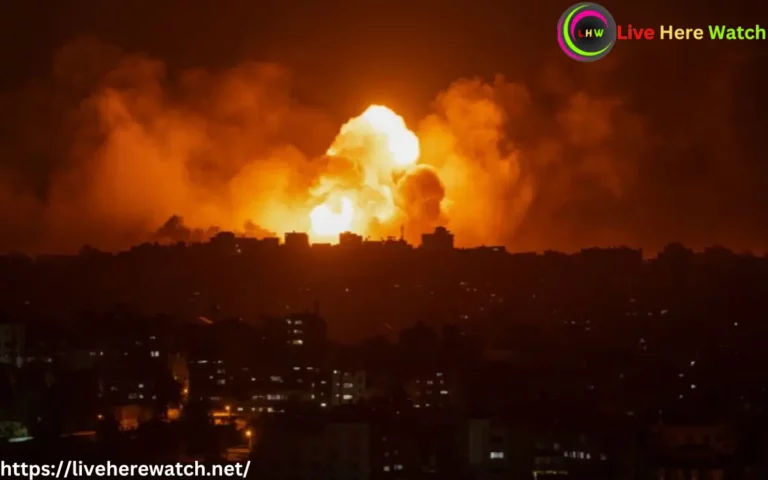
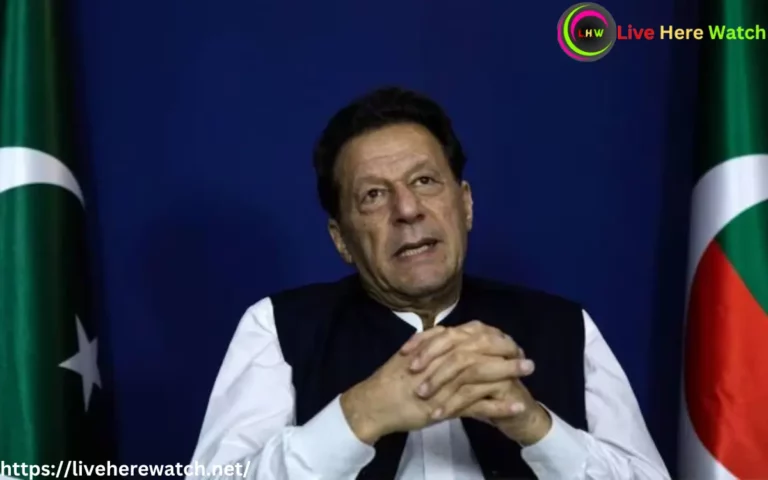


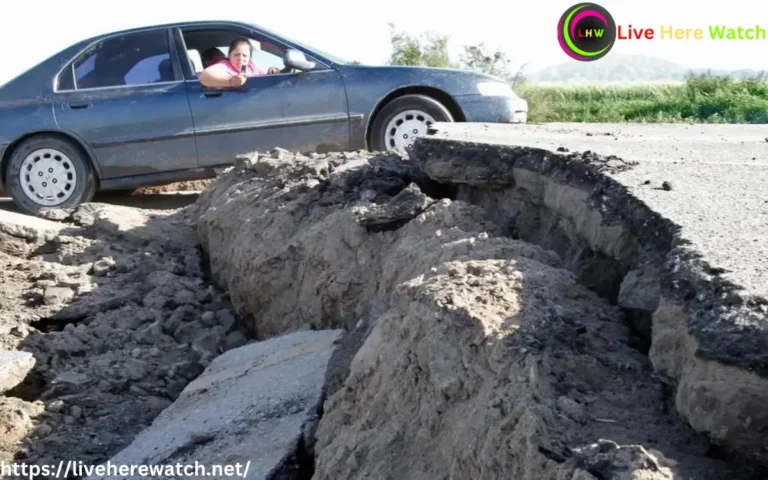
+ There are no comments
Add yours